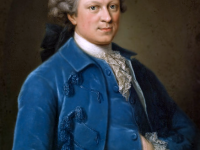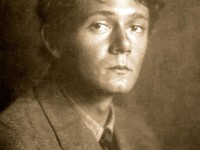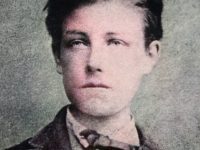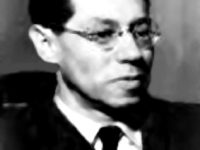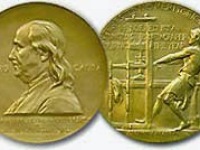Gertrude Stein – A Rose is a Rose is a Rose is a Rose
On February 3, 1874, American writer, publisher, and art collector Gertrude Stein was born. Gertrude Stein, like Virginia Woolf,[1] is one of the first women of classical literary modernism. She wrote experimental novels, novellas, essays, poems, literary portraits, and stage works in which she defied linguistic and literary conventions, so that many critics and readers found her work too difficult, were amused by it, or ignored it. “I am writing for myself and…
Read more


